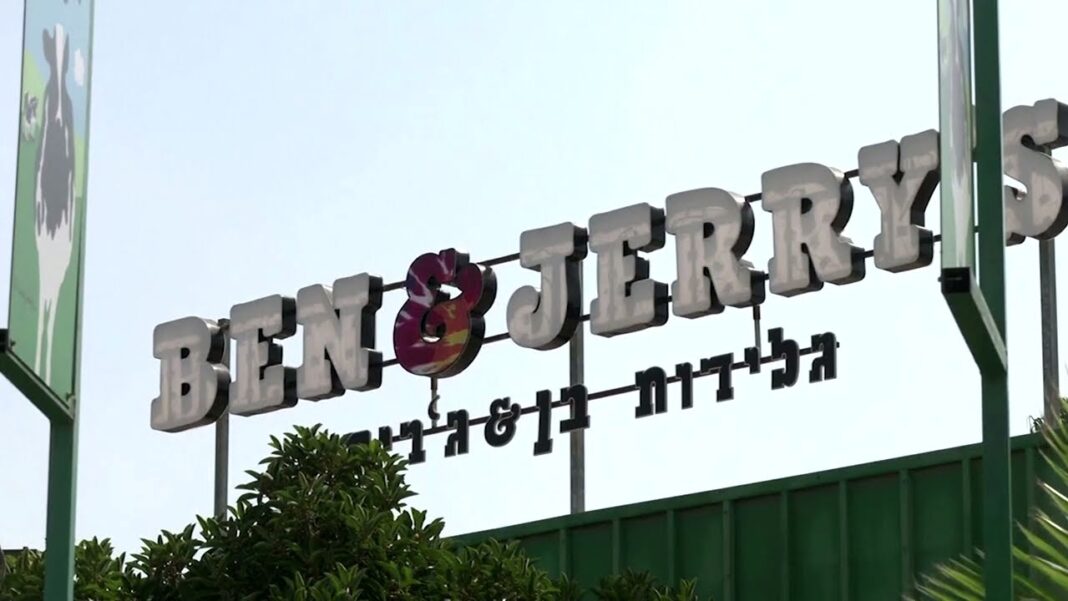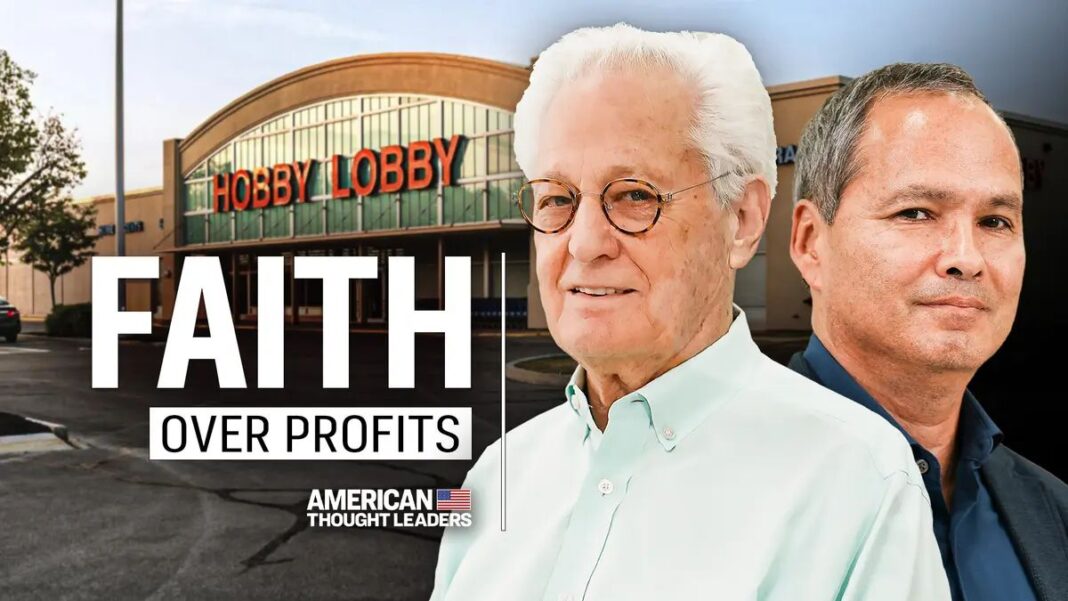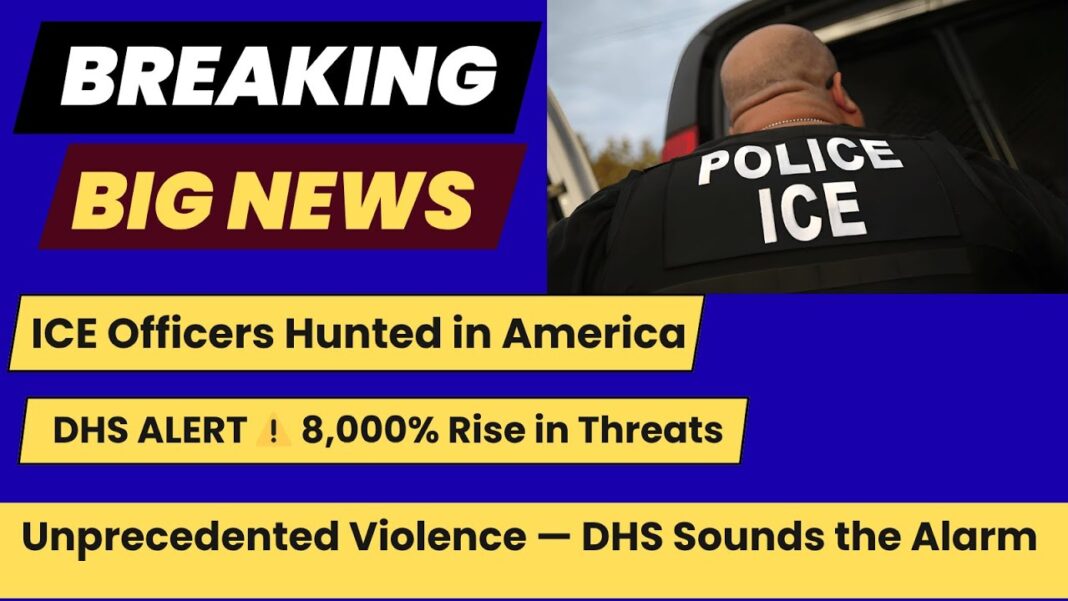Cohen called on people to come up with the ingredients for the ice cream and a name for the product.
Ben & Jerry’s was blocked by its parent company, Unilever, from creating a Palestinian-themed ice cream, the company’s co-founder, Ben Cohen, said in an Oct. 28 video post on Instagram.
“A while back, Ben and Jerry’s tried to make a flavor to call for peace in Palestine, to stand for justice and dignity for everyone, like Ben and Jerry’s always has. But they weren’t allowed to. They were stopped by Unilever/Magnum, the company that owns Ben and Jerry’s. Just like when Ben and Jerry’s tried to stop selling ice cream in the occupied territories, they were blocked again by their parent company,” Cohen said in the video.
“So, I’m doing what they couldn’t. I’m making a watermelon-flavored ice cream that calls for permanent peace in Palestine and calls for repairing all the damage that was done there.”
Watermelon is symbolically linked to the Palestinians since the fruit comes in the same colors—red, black, and green—as seen on the Palestinian flag. They are also commonly grown in the region.
Cohen called on people to come up with the ingredients for the ice cream and a name for the product.
Ben & Jerry’s operates as a wholly owned subsidiary of The Magnum Ice Cream Company, the largest ice cream company in the world. Magnum is a Unilever brand that operates as a standalone company, with the demerger process between the two currently underway.
In an emailed statement to The Epoch Times, a spokesperson for Magnum said that the proposal for a flavor in support of Palestine was made by members of Ben & Jerry’s board of directors this summer.
“The independent members of Ben & Jerry’s Board are not, and have never been, responsible for the Ben & Jerry’s commercial strategy and execution. Recommendations are considered by Ben & Jerry’s leadership, and Ben & Jerry’s management has determined it is not the right time to invest in developing this product,” said the spokesperson.
Ben & Jerry’s has a history of supporting various causes, including LGBT activism, Black Lives Matter, and immigration. The company’s activism has been a point of conflict with Unilever.








